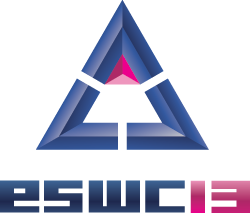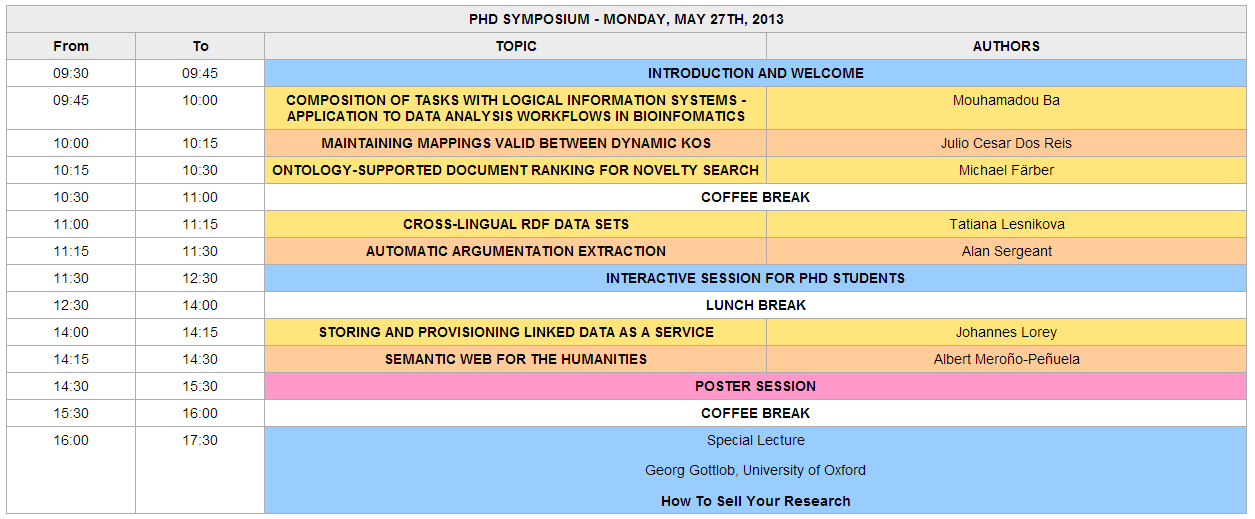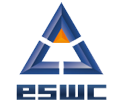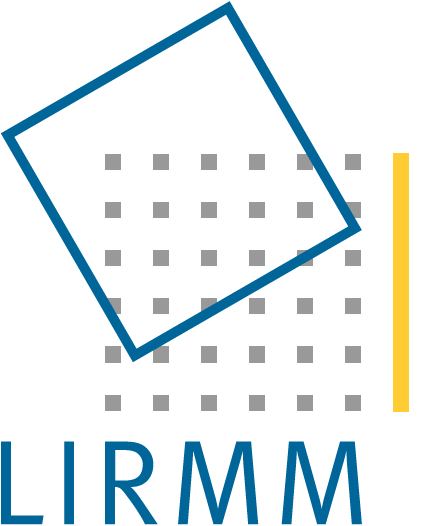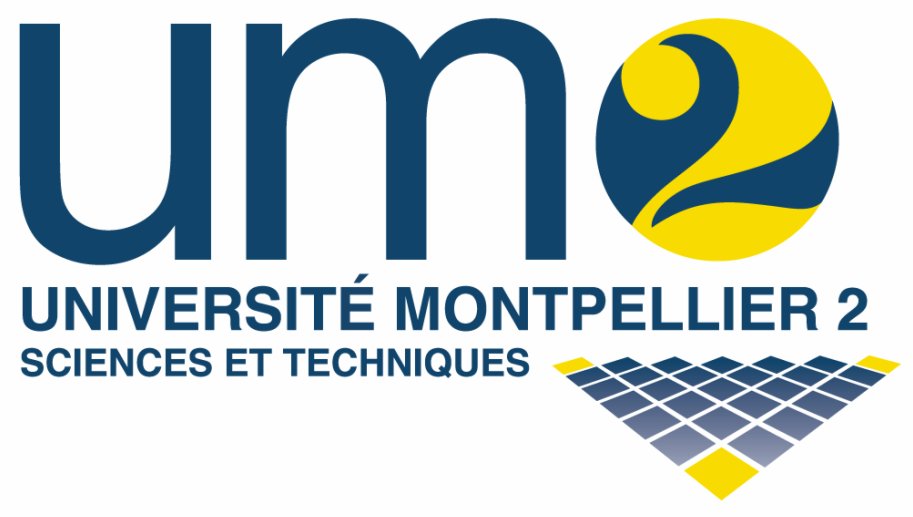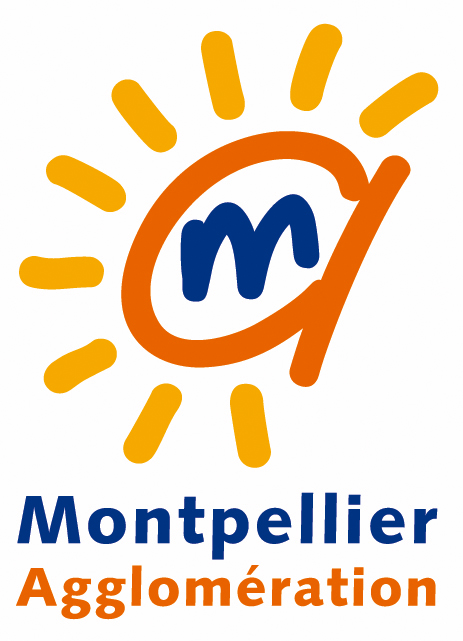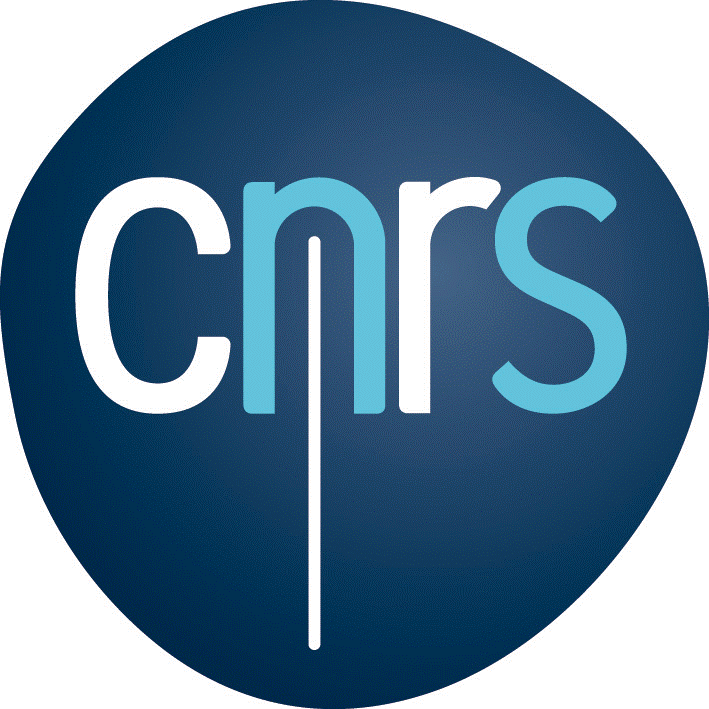PhD Symposium
The PhD Symposium will take place on Monday 27th of May, 09:30-17:30
Special Lecture for PhD Students and Junior Researchers
How to Sell Your Research
Speaker: Georg Gottlob, University of Oxford
Research results are a mind products. First and foremost, such products need to be of very good quality. However, in our times of information overflow, even the most excellent research products need marketing and "sales" promotion in order to be adequately considered by the Scientific Community. This includes publication in a suitable venue, and an effective "sales pitch" in the introduction. Moreover, it is important to know how our publications will be evaluated, so to avoid strategic errors. Finally, research often needs further resources and thus project funding. What are the essentials to be addressed when applying for funding?
This lecture will address all these issues. First, I will discuss evaluation criteria for researchers. Second, I will reveal a couple of secrets about how to write a convincing introduction. Finally, I will make a few considerations about project funding that may eventually turn out to be useful to you. All these topics will be partially covered only. However, I still hope that the essentials I will talk about might still be beneficial to you.
PHD Symsposium Program
The full-text of the proceedings papers is available for purchase at Springer.com
Accepted For Oral Presentation
- Guided Composition of Tasks With Logical Information Systems - Application to Data Analysis Workflows in Bioinfomatics
- Maintaining Mappings Valid between Dynamic KOS
- Ontology-supported Document Ranking for Novelty Search
- Interlinking Cross-Lingual RDF Data Sets
- Storing and Provisioning Linked Data as a Service
- Semantic Web for the Humanities
- Automatic Argumentation Extraction
Accepted For Poster Presentation
- Event Matching using Semantic and Spatial Memories
- Trusting Semi-structured Web Data
- Towards Cloud-based Reasoning on Linked Data
- A Semantic-Based M2M Architecture to Aggregate Sensed Data
- Linked Data Interfaces for Non-Expert Users
- Knowledge Point-based Approach to Interlink Open Education Resources
- Augmented Reality Supported by Semantic Web Technologies
- Search Result Ontologies for Digital Libraries
- Semantically assisted Workflow Patterns for the Social Web
- Federated SPARQL Query Answering on Demand
